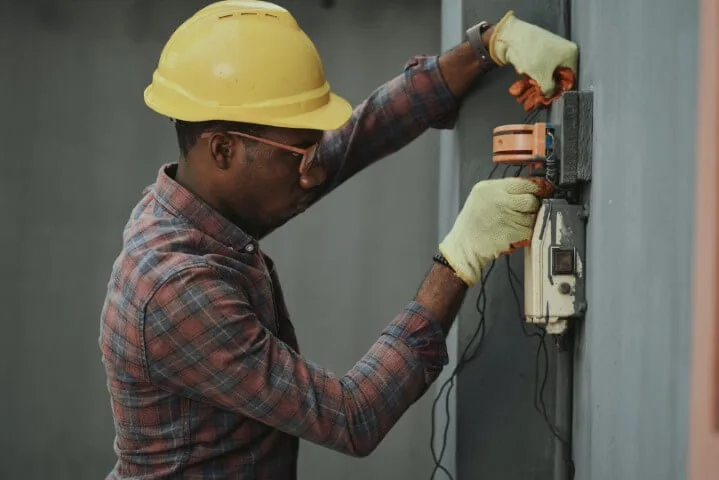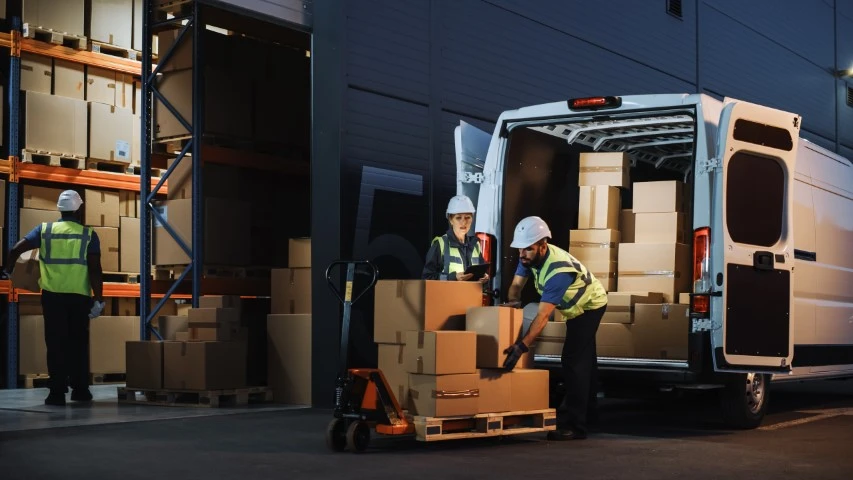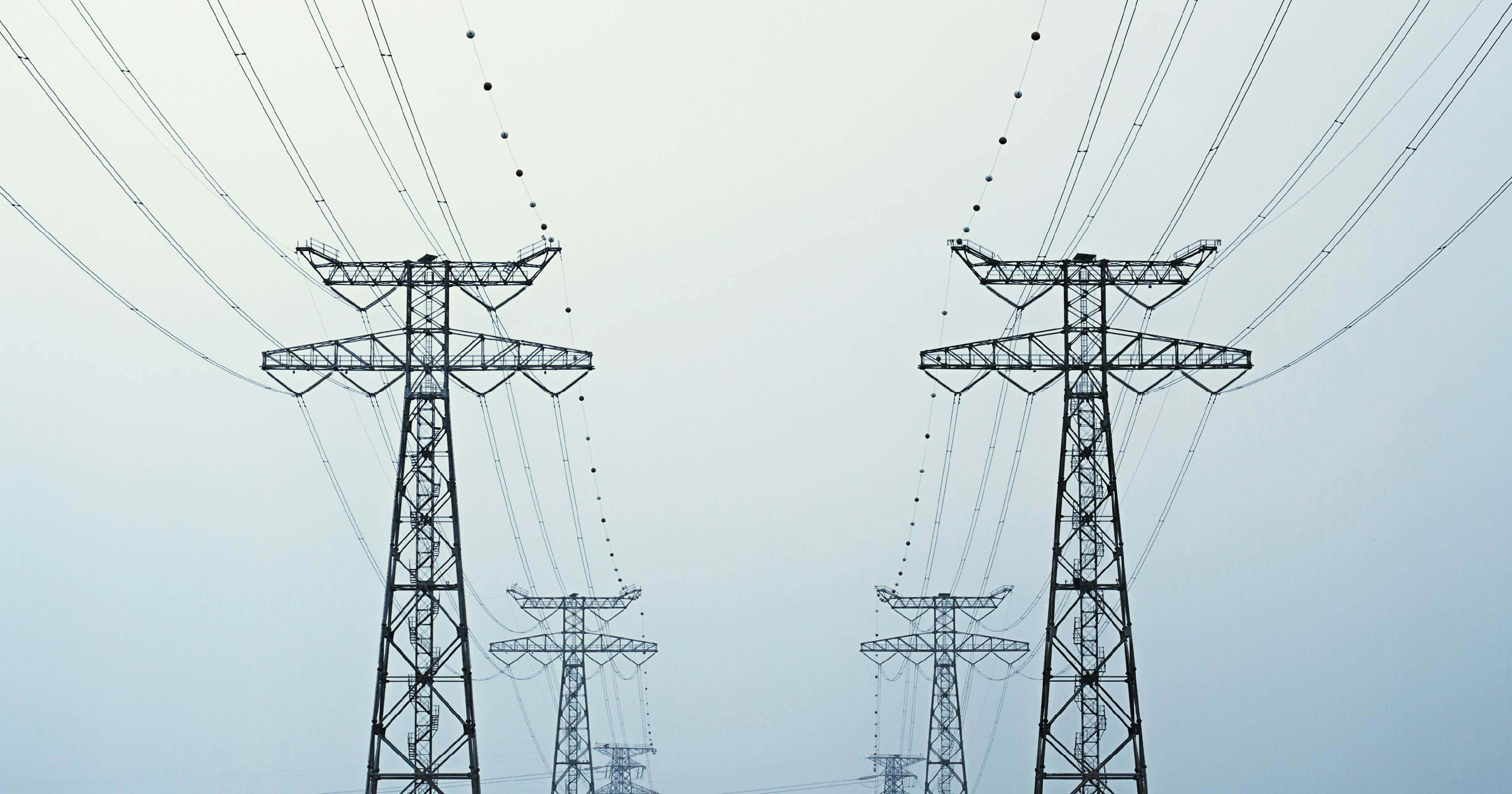Outcomes Over Technology – A Truly ‘Smart Building’ Mindset Reduces Waste And Puts People First
Outcomes Over Technology – A Truly ‘Smart Building’ Mindset Reduces Waste And Puts People First
Towards the end of the Cisco Connect event in London on May 20th, I saw the Milton Keynes University Hospital NHS Trust awarded for its activities in digitizing public services. This was not the first time I have seen this NHS Trust held up as digitally advanced, and it got me thinking about what mindset must exist in that organization – a tech-focused one or an outcomes-focused one?
Personally, I suspect that the organization adopts a mindset that is very open to technology – but not just on technology for its own sake. Rather, I think its prevailing focus is on outcomes: on making the world better through thoughtful intervention, whether high-tech, low-tech or no tech at all. Looking back over the day, many of the most insightful takeaways focused on outcomes, ranging from high-tech to low:
- Very techy waste reduction.
From meeting room consoles that perform the work of 10 sensors to innovations in Power over Ethernet (PoE), strides are being made in the broader fight against unnecessary wiring and inefficient AC-to-DC power conversions. An added benefit? Potentially not needing to lug around bulky laptop chargers. Cutting energy, improving occupant experience and minimizing e-waste in one fell swoop.
- Use what you’ve got.
While it seems basic, many firms are not getting the most out of their existing tech implementation. Tech services provider NTT is working to address this through its product-agnostic services, which assist customers in implementing a broad range of hardware and software to gain value beyond typical systems integrator activities. There should be more of this – if we at Verdantix only had a dollar for every time we heard someone say “well we have a digital twin/CMMS/construction solution but don’t use it to its potential…”, we could set up our own consultancy. Unlocking the potential of underused systems is one of the smartest (and most sustainable) things any organization can do.
- Share what works.
Simply put: if something is working, then share it. During the event, Cisco’s presentation on its new London office was so popular it hit standing-room-only. Although many people at the event were not specifically responsible for office projects, by listening in they can take back learnings, and are better able to support transformative and digital projects that are initiated by other teams.
- Go for low-tech fixes.
Over lunch, a small group of retailers sparked a lively discussion about the increasing importance of ensuring resiliency in a world of real time data responsiveness in buildings. During this exchange, one nationwide food and beverage retailer shared that one of their most effective energy-saving moves was incredibly low-tech: putting doors on fridges. Sometimes, the simplest solutions deliver the biggest impact.
- Give back beyond tech.
Most of the steps above focus on driving impact through technology. But at the event, we were also invited to support a no-tech cause: boxing up 350 care packs for mothers in need. It was a powerful reminder that regardless of means, impact isn’t always digital.
Tech isn’t the hero – outcomes are
Among the 600 clients, partners and peers attending sessions on AI-ready data centres, future-proofed workplaces and digital resilience, one message rang clear: it’s not the tech itself that matters most, but what it enables.
At the end of the event one question lingered: Do we – as owners, occupiers or even managers of buildings – need to know about what technology led to an outcome, or do we simply need to lean in to use whatever means we have to make it happen? For more insights into what it takes to make our built environment truly ‘smart’, visit our research portal – or sign up to Vantage.





















